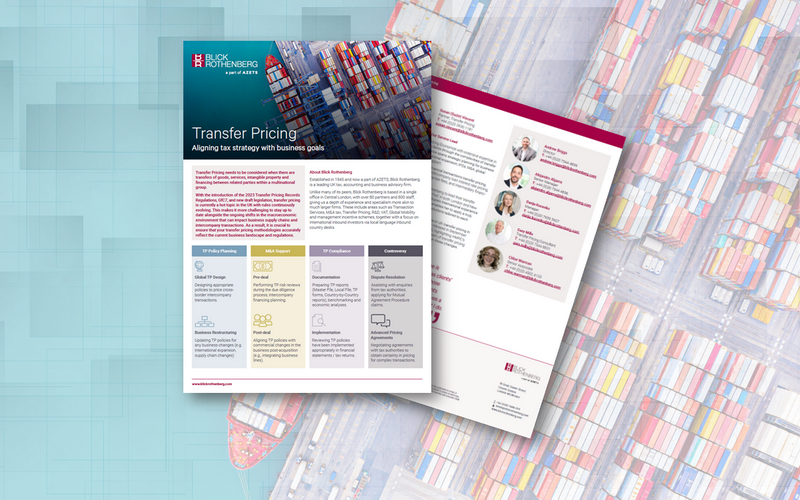Smart Moves 3.0: Globally Remote Working Guide
How to navigate a rapidly changing working environment as a result of COVID-19
The global pandemic has changed the way that many of us work. With advances in technology and communications, many jobs can now be undertaken anywhere in the world. It has therefore never been easier for employers to adopt a remote working culture where desired. The benefits can vary from being able to access new unexplored talent pools, creating better employee work/life balance or reducing overhead costs.
However, whether remote working is by design or necessity, employees working outside their country of employment can have unintended consequences for their employers, as well as themselves.
Key considerations
If an employee is working outside of their country of employment, even for a short period, there is a risk that they can create unexpected compliance obligations in the overseas location such as:

Can remote working be implemented in your organisation?
To effectively enable a globally remote workforce, employers should assess their own workforce and ask themselves:
- What are the benefits to the organisation if their employees are working remotely?
- Who approves employees working overseas? And do they understand the risks and potential cost implications?
- Will you implement a policy to cover remote working overseas?
- Who will explain the implications (if any) to the employee?
- Who in HR/finance is responsible for managing and tracking where employees are and for how long?
How to implement a globally mobile workforce
Once these questions have been considered, we recommend creating a roadmap that will enable employers to implement and manage their workforce:

Globally Remote Working compliance checklist
- Can the employees legally work in the relevant country from an immigration perspective?
- Are you confident the Permanent Establishment risk has been reviewed thoroughly?
- Where should the employee pay tax and is there planning required to ensure no double taxation?
- Should the employer operate a payroll overseas? If yes, how do you set up and operate in the overseas country?
- Where should the employee and employer pay social security?
- Has the employment contract been reviewed against local labour laws to ensure compliance?
Would you like to know more?
We have extensive experience in helping organisations manage their international workforce and have a tried and tested model when supporting our clients with globally remote workers. Please get in touch with your usual Blick Rothenberg contact or one of the contacts to the right.
For more information, news and insights on globally remote working, please visit our Globally Remote Working hub.

You may also be interested in

Transfer Pricing – Aligning tax strategy with business goals – Flyer

Lifetime ISA: Why Reform Is Overdue in the Autumn Budget













